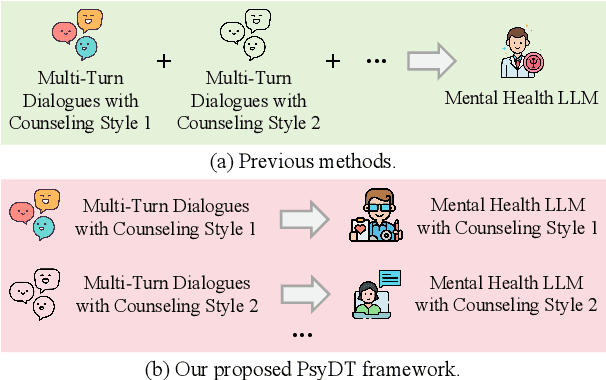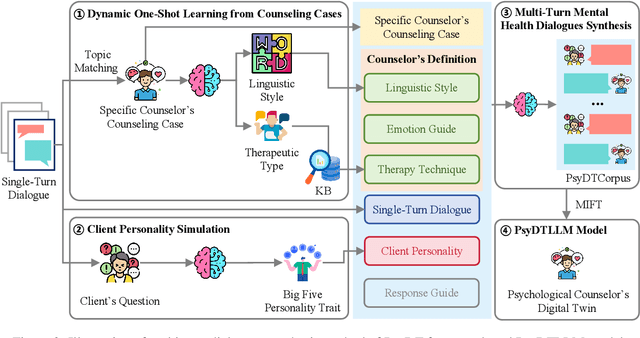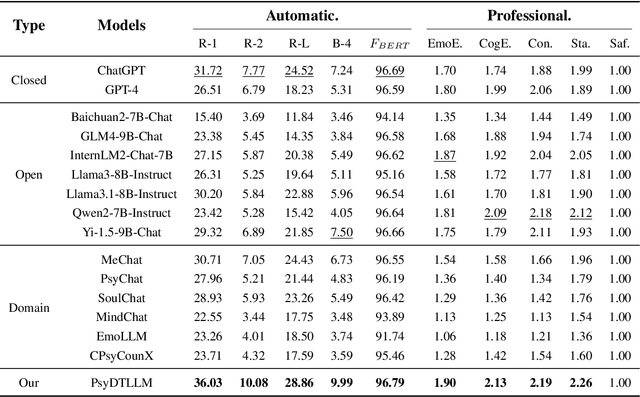Jingkai Lin
Hydra-Bench: A Benchmark for Multi-Modal Leaf Wetness Sensing
Jul 30, 2025Abstract:Leaf wetness detection is a crucial task in agricultural monitoring, as it directly impacts the prediction and protection of plant diseases. However, existing sensing systems suffer from limitations in robustness, accuracy, and environmental resilience when applied to natural leaves under dynamic real-world conditions. To address these challenges, we introduce a new multi-modal dataset specifically designed for evaluating and advancing machine learning algorithms in leaf wetness detection. Our dataset comprises synchronized mmWave raw data, Synthetic Aperture Radar (SAR) images, and RGB images collected over six months from five diverse plant species in both controlled and outdoor field environments. We provide detailed benchmarks using the Hydra model, including comparisons against single modality baselines and multiple fusion strategies, as well as performance under varying scan distances. Additionally, our dataset can serve as a benchmark for future SAR imaging algorithm optimization, enabling a systematic evaluation of detection accuracy under diverse conditions.
PsyDT: Using LLMs to Construct the Digital Twin of Psychological Counselor with Personalized Counseling Style for Psychological Counseling
Dec 18, 2024



Abstract:Currently, large language models (LLMs) have made significant progress in the field of psychological counseling. However, existing mental health LLMs overlook a critical issue where they do not consider the fact that different psychological counselors exhibit different personal styles, including linguistic style and therapy techniques, etc. As a result, these LLMs fail to satisfy the individual needs of clients who seek different counseling styles. To help bridge this gap, we propose PsyDT, a novel framework using LLMs to construct the Digital Twin of Psychological counselor with personalized counseling style. Compared to the time-consuming and costly approach of collecting a large number of real-world counseling cases to create a specific counselor's digital twin, our framework offers a faster and more cost-effective solution. To construct PsyDT, we utilize dynamic one-shot learning by using GPT-4 to capture counselor's unique counseling style, mainly focusing on linguistic style and therapy techniques. Subsequently, using existing single-turn long-text dialogues with client's questions, GPT-4 is guided to synthesize multi-turn dialogues of specific counselor. Finally, we fine-tune the LLMs on the synthetic dataset, PsyDTCorpus, to achieve the digital twin of psychological counselor with personalized counseling style. Experimental results indicate that our proposed PsyDT framework can synthesize multi-turn dialogues that closely resemble real-world counseling cases and demonstrate better performance compared to other baselines, thereby show that our framework can effectively construct the digital twin of psychological counselor with a specific counseling style.
SoulChat: Improving LLMs' Empathy, Listening, and Comfort Abilities through Fine-tuning with Multi-turn Empathy Conversations
Nov 01, 2023



Abstract:Large language models (LLMs) have been widely applied in various fields due to their excellent capability for memorizing knowledge and chain of thought (CoT). When these language models are applied in the field of psychological counseling, they often rush to provide universal advice. However, when users seek psychological support, they need to gain empathy, trust, understanding and comfort, rather than just reasonable advice. To this end, we constructed a multi-turn empathetic conversation dataset of more than 2 million samples, in which the input is the multi-turn conversation context, and the target is empathetic responses that cover expressions such as questioning, comfort, recognition, listening, trust, emotional support, etc. Experiments have shown that the empathy ability of LLMs can be significantly enhanced when finetuning by using multi-turn dialogue history and responses that are closer to the expression of a psychological consultant.
 Add to Chrome
Add to Chrome Add to Firefox
Add to Firefox Add to Edge
Add to Edge